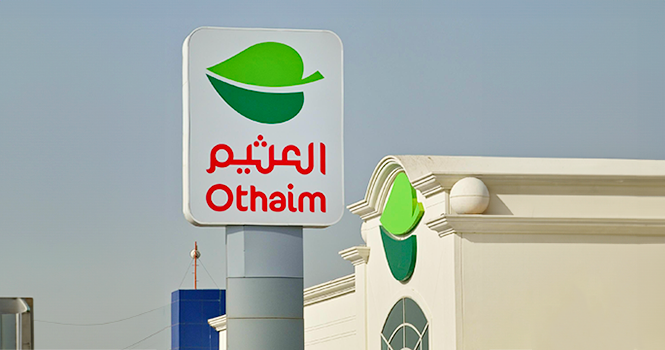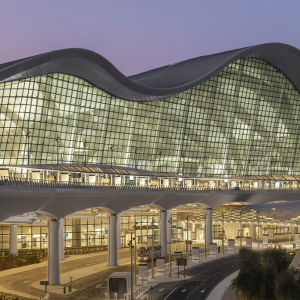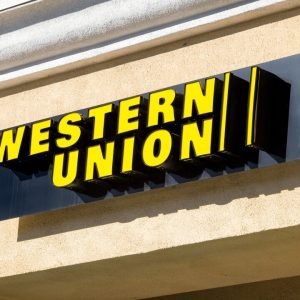In a notable shift in its expansion strategy, Saudi Arabia’s leading supermarket chain, Abdullah Al Othaim Markets Company, has officially withdrawn from its previously announced plan to acquire a controlling stake in Ebdaa Al Qasr Marketing Company. The decision to terminate the non-binding memorandum of understanding (MoU), signed earlier this year, marks a recalibration in the company’s growth approach and has sparked widespread discussion across the Kingdom’s retail and investment communities.
The original deal, which aimed to see Al Othaim acquire a 51% share of Ebdaa Al Qasr—the operator of the premium Manuel Market retail chain—was seen as a bold move to diversify into the high-end grocery segment. With Manuel Market enjoying a strong presence in major urban hubs like Riyadh and Jeddah, the acquisition was expected to accelerate Al Othaim’s push into the premium space, particularly as Saudi consumers continue to embrace healthier, globalized, and luxury food shopping experiences.
However, after months of due diligence, the two parties were unable to reach consensus on final terms, leading Al Othaim to officially call off the transaction. While the decision surprised some stakeholders, industry insiders view it as a mature and forward-thinking move—reflective of a company deeply committed to sustainable and strategic growth.

A Strategic Pivot, Not a Setback
For many observers, the cancellation of the deal is not necessarily a signal of trouble, but rather one of strategic discipline. In today’s competitive retail landscape, where fast decisions can lead to long-term complications, Al Othaim’s decision to walk away from a misaligned partnership shows a willingness to prioritize long-term value over short-term gains.

The proposed acquisition was first announced with optimism, largely due to Manuel Market’s established reputation among affluent Saudi consumers and its niche offerings of imported goods, gourmet products, and curated in-store experiences. Combining that with Al Othaim’s scale and operational efficiency had the potential to be a powerhouse merger. However, as financial, operational, and legal assessments unfolded, it became evident that the integration would be more complex—and potentially riskier—than initially anticipated.

Executives within the company emphasized that while the acquisition held promise, the parties were simply unable to align on key terms that would make the transaction viable. These likely included challenges around valuation, shareholder approvals, integration strategy, and brand alignment.
Financial Prudence Over Flashy Moves
By choosing to step away from the deal, Al Othaim is doubling down on what it does best: disciplined financial management, organic expansion, and delivering consistent value to its customer base. Rather than being saddled with potential debt or integration challenges, the company now retains capital flexibility and organizational bandwidth to focus on its existing growth pipeline.
In fact, this kind of decision reinforces investor confidence. In recent years, markets have become more appreciative of companies that show restraint—especially in M&A environments where valuations can be inflated and synergy estimates often overly optimistic. The ability to assess a situation, recognize its limitations, and make a bold call to withdraw is increasingly seen as a sign of strong leadership.
Market analysts believe Al Othaim’s healthy balance sheet and strong cash flows leave the door wide open for future opportunities that better align with its strategic and operational DNA. Whether that means expanding its own premium brand lines, launching new store formats, or investing in e-commerce and digital experiences, the company is far from standing still.
The Premium Grocery Landscape: What Happens Now?
The premium grocery segment in Saudi Arabia has been growing rapidly, driven by demographic changes, increased health consciousness, and a growing appetite for international brands. Chains like Manuel Market have carved out a solid niche by catering to customers who are willing to pay a premium for quality, exclusivity, and customer service.
For Ebdaa Al Qasr, this could be a pivotal moment. While the Al Othaim deal would have brought both capital and infrastructure benefits, the company now has the option to either pursue other investors, consider a public listing in the future, or reinforce its market positioning through organic expansion. With its eleven high-end stores operating in prime locations, Manuel Market still holds considerable appeal for potential suitors or strategic partners.
Interestingly, Al Othaim’s exit might even create a more level playing field in the premium segment, allowing smaller players or regional chains to step up and compete for market share without facing the weight of a major conglomerate in the same niche.
Realigning Focus on Core Strengths
This development is expected to reinforce Al Othaim’s focus on its core business areas, which include a wide network of hypermarkets, supermarkets, and convenience stores spread across the Kingdom. The company has built its reputation on value-for-money propositions, efficient logistics, and high footfall locations—capabilities that continue to drive its competitive edge.
The company may now direct attention toward enhancing in-house brands, investing in omnichannel retailing, and improving customer loyalty programs. These initiatives not only fortify Al Othaim’s market leadership but also offer more sustainable returns than high-stakes acquisitions.
Moreover, by avoiding a complex integration process, the management can continue fine-tuning operations, investing in technology, and preparing for long-term trends such as AI-driven inventory management, eco-conscious sourcing, and personalized customer journeys—all of which are becoming increasingly important in the modern retail playbook.
A Statement of Confidence and Clarity
More than anything, the decision to cancel the acquisition underscores Al Othaim’s confidence in its current trajectory. Rather than chasing every shiny object in the marketplace, the company is carefully selecting opportunities that align with its brand philosophy and operational strategy.
Company insiders have hinted that while the Ebdaa Al Qasr deal didn’t work out, the door remains open for future partnerships—provided they offer the right mix of cultural fit, financial logic, and long-term value creation. Until then, the company is expected to remain laser-focused on driving performance in its core segments, leveraging data, and improving efficiencies across the board.

Investors and analysts are likely to keep a close eye on Al Othaim’s next moves. Whether it’s launching new store concepts, expanding into untapped regions of the Kingdom, or introducing smart retail innovations, the company is expected to maintain its momentum in an increasingly dynamic market.
A Lesson in Strategic Maturity
In many ways, this chapter represents a lesson in modern corporate maturity. The ability to pause, evaluate, and say “no” when the stars don’t align is a discipline that not every company has mastered. But Al Othaim’s handling of this situation demonstrates that smart growth is not just about expansion—it’s about knowing when to hold back.
The company now stands at a juncture where it can shape its own growth story on its own terms—leveraging experience, market intelligence, and operational agility to navigate an industry in transformation. While the Manuel Market acquisition may not be part of that story anymore, the company’s future remains filled with possibility.
Do follow UAE Stories on Instagram
Read More: European Film Festival 2025 Kicks Off at the Cultural Foundation Abu Dhabi













